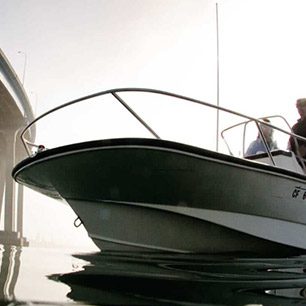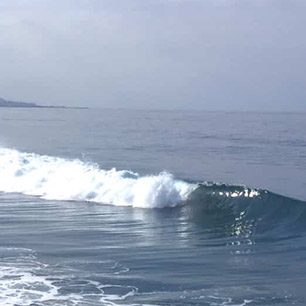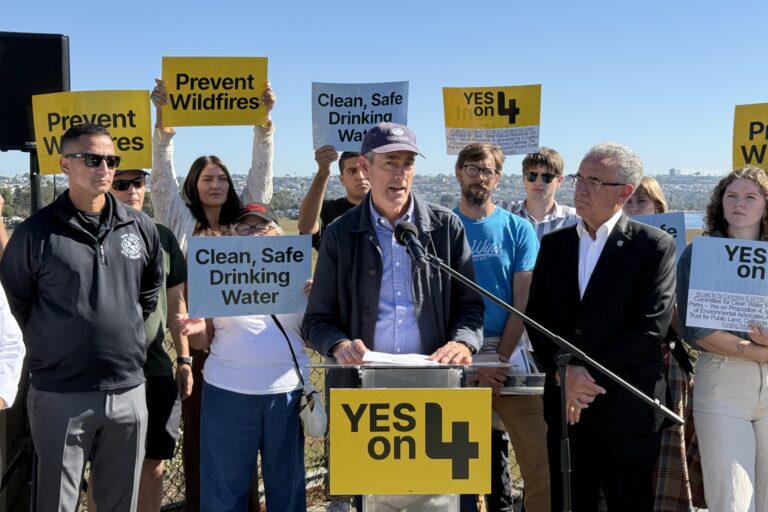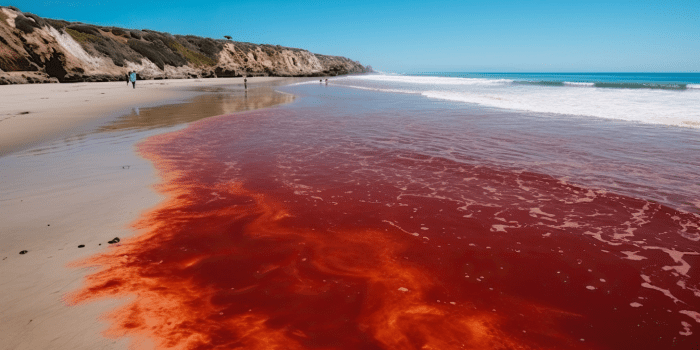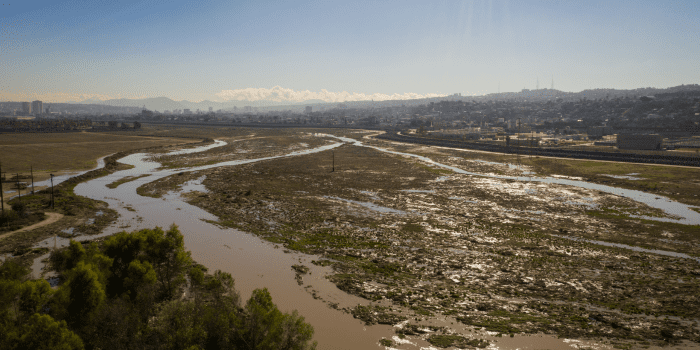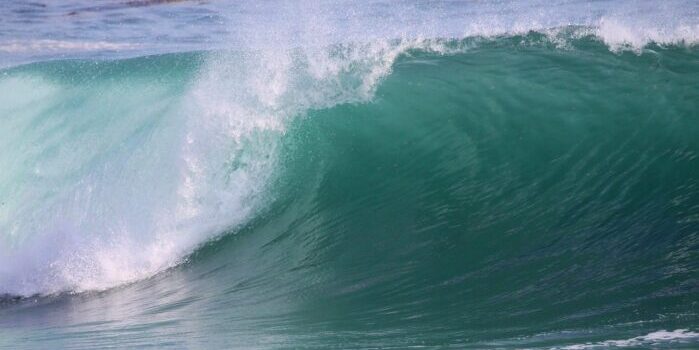Water wholesaler fails to address greater environmental, fiscal impacts of water supply plan
San Diego, March 27- Today the San Diego County Water Authority adopted its Regional Water Facilities Optimization and Master Plan Update (Master Plan), a business-as-usual and environmentally neglectful move, says San Diego Coastkeeper. The Master Plan and its accompanying environment and climate change documents fail to address the greater impacts of the region’s water supply system including environmental damage, increasing ratepayer costs, greenhouse gas pollution and climate impacts.
“We’re upset that an agency as important as the County Water Authority has sidestepped an opportunity to safely and economically usher the region into a new water supply paradigm,” says San Diego Coastkeeper Waterkeeper Matt O’Malley. “The Water Authority needed to consider the amount of energy it takes to supply water and, through a water loading order, prioritize the least environmentally-damaging sources. This would have led to water supply solutions that better protect the environment and reduce costly infrastructure needs.”
In addition to the Master Plan, which explores the region’s needs for and options to address water supply through 2035, the Water Authority also approved the accompanying Supplemental Program Environmental Impact Report and Climate Action Plan.
Unfortunately, says O’Malley, the new plan prioritizes water sources that are both energy-intense and environmentally damaging; namely additional imported water and conveyance, and additional desalination plants.
Coastkeeper, which protects and restores fishable, swimmable and drinkable waters in San Diego County, has on numerous occasions urged the Water Authority to incorporate aggressive conservation targets that significantly reduce the need for additional, costly infrastructure. Coastkeeper also wants the Water Authority to become an active partner in the various large-scale water recycling projects taking shape across the region, including the City of San Diego’s potable reuse project that could supply up to 40 percent of its water needs.
“It’s not a secret recipe; we’ve been saying it for years: reduce, reuse and then recycle,” says O’Malley. “Long-range plans like the Master Plan should reflect these values through greater conservation targets that reach beyond the minimum requirements set by law and through water reuse so that we use every drop most efficiently—multiple times.”
Coastkeeper has been part of this planning process since early 2013 and has repeatedly called on the Water Authority to prioritize conservation and recycling and implement an appropriate and responsible climate action plan. The Water Authority repeatedly declined to incorporate any of this public feedback into its plan, noting that it believes it is not responsible to account for the energy use of its water supply strategy, leaving that to its suppliers and customers to sort out.
###
San Diego Coastkeeper
Founded in 1995, San Diego Coastkeeper protects the region’s bays, beaches, watersheds and ocean for the people and wildlife that depend on them. We balance community outreach, education, and advocacy to promote stewardship of clean water and a healthy coastal ecosystem. For more information, visit San Diego Coastkeeper online at https://www.sdcoastkeeper.org.


